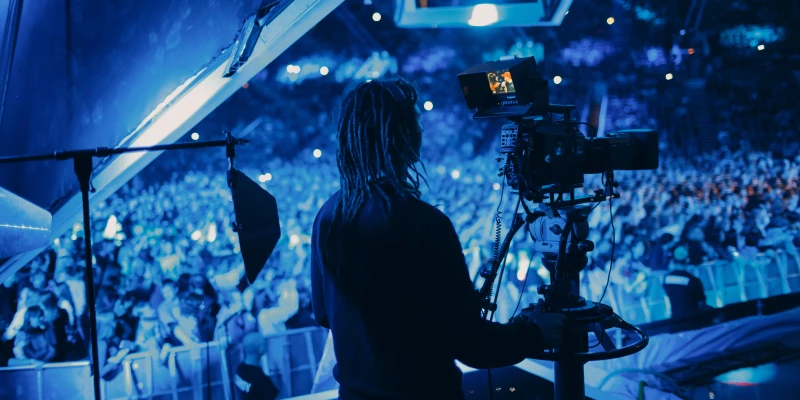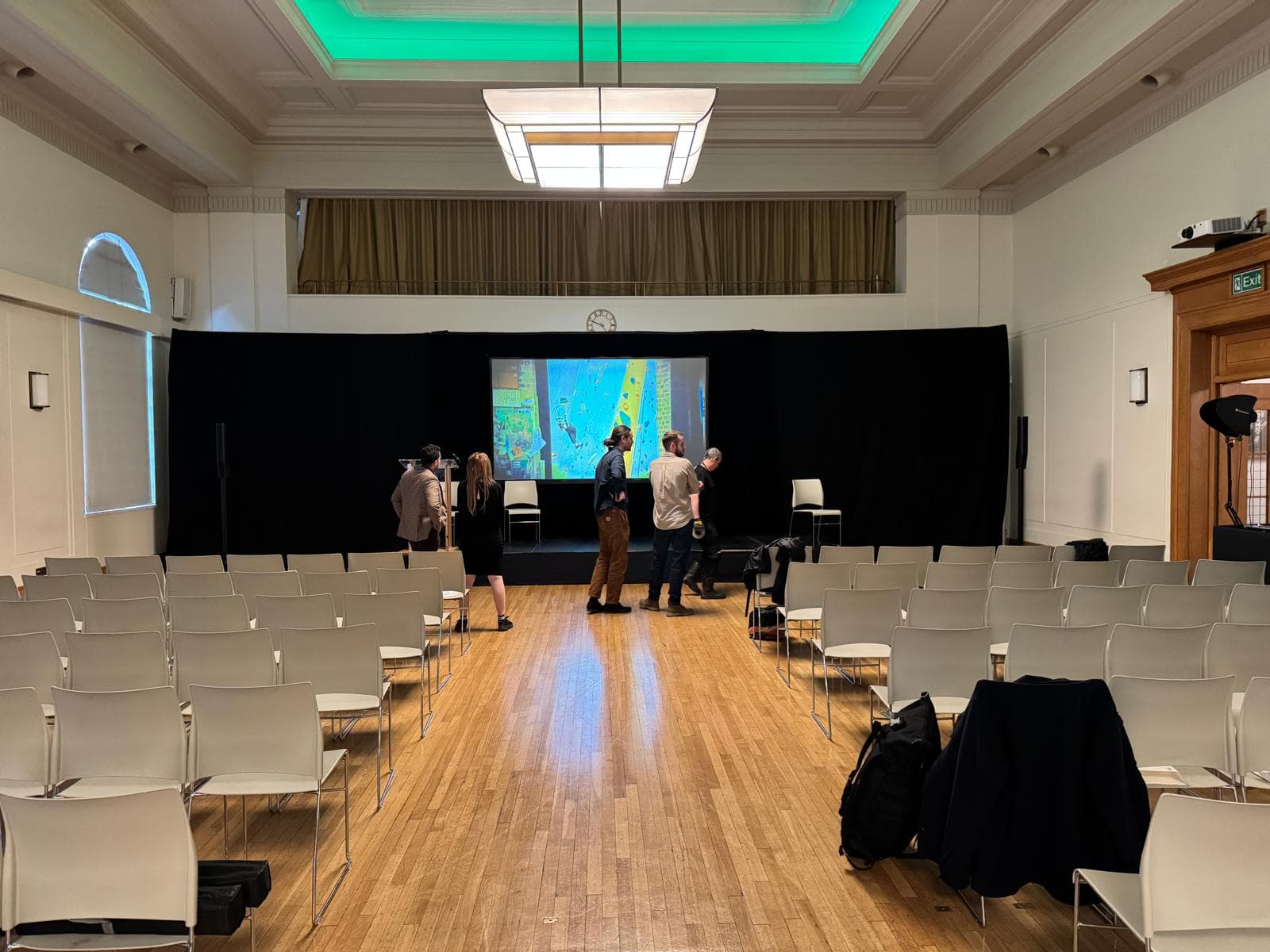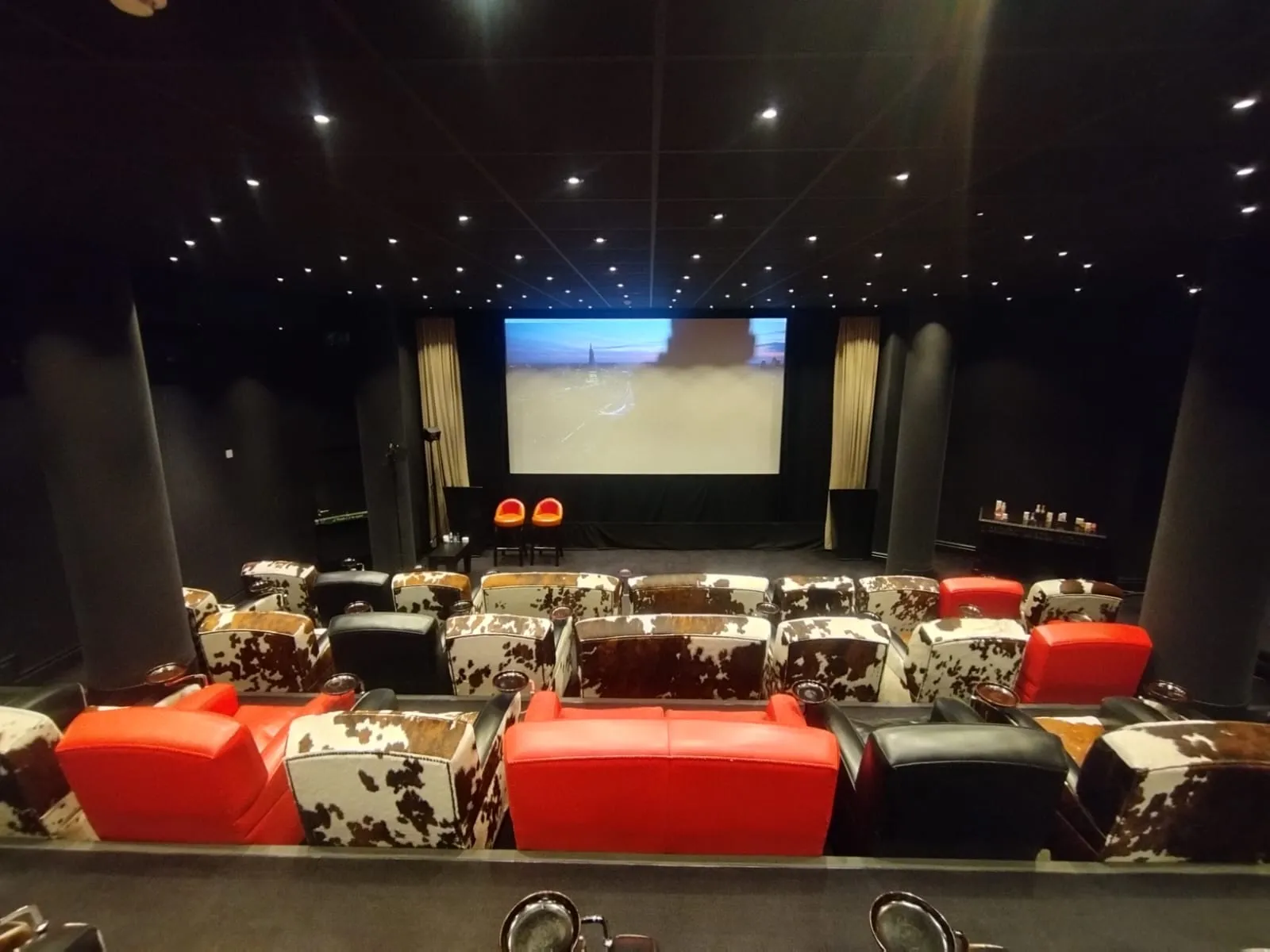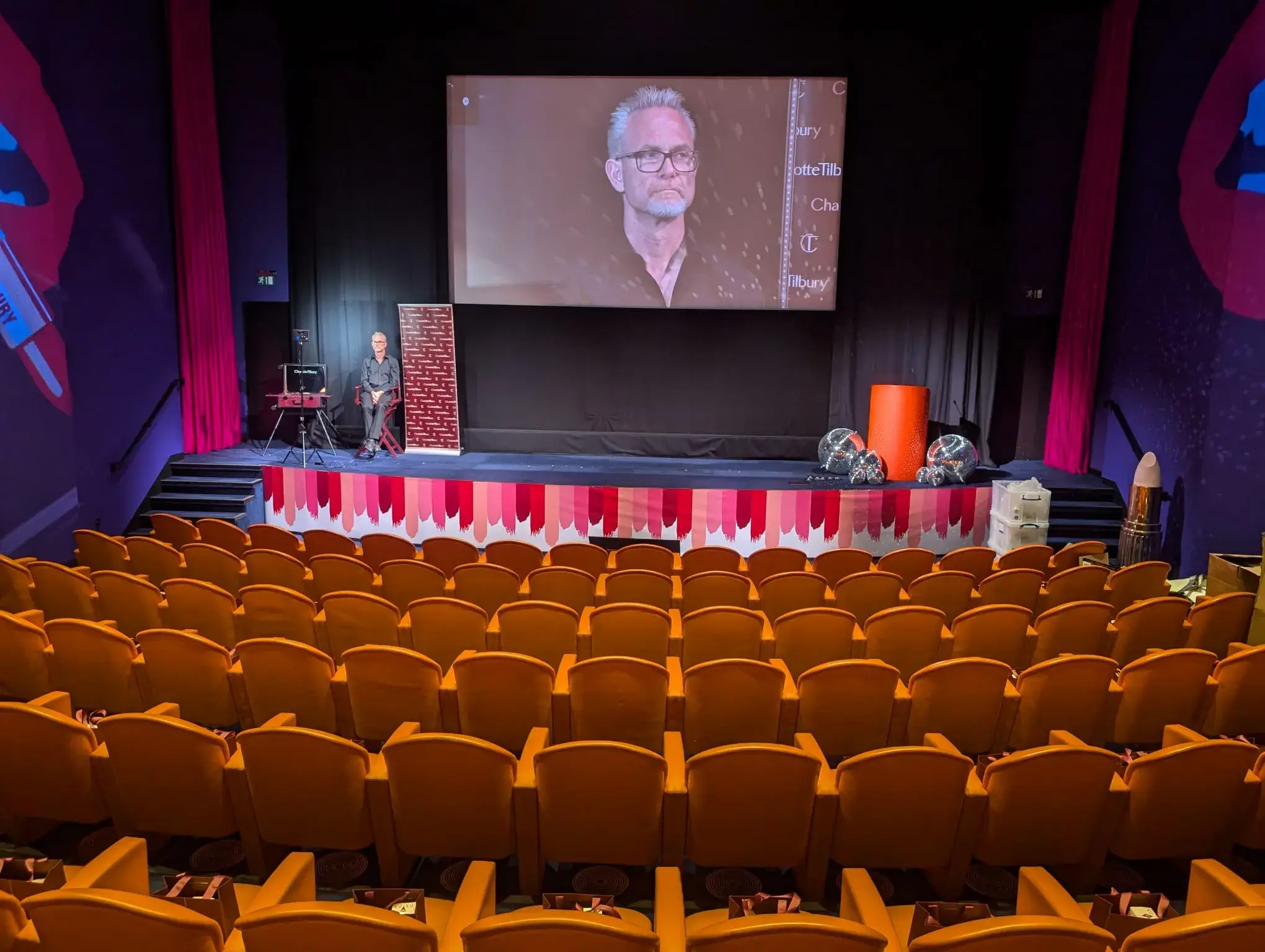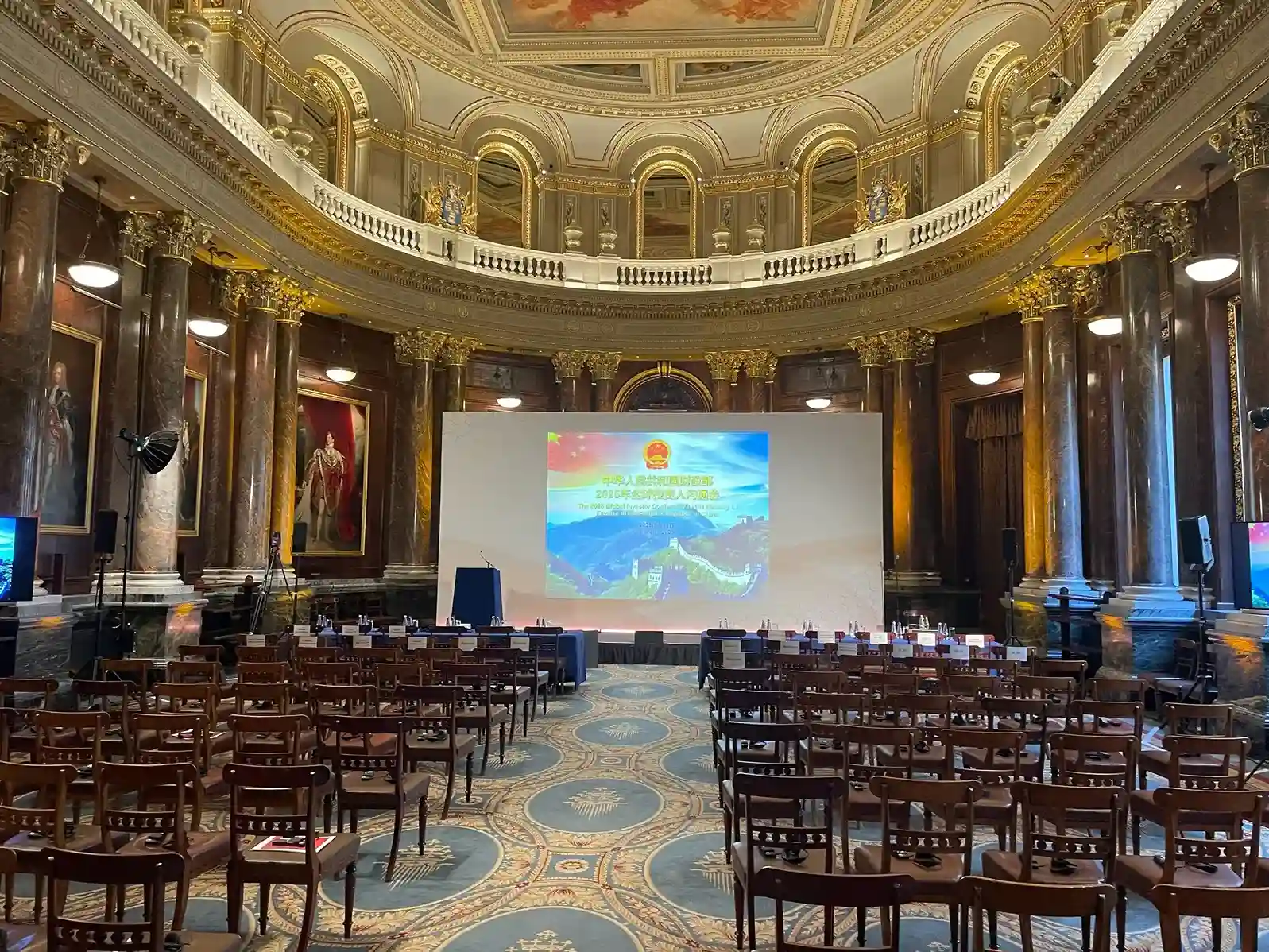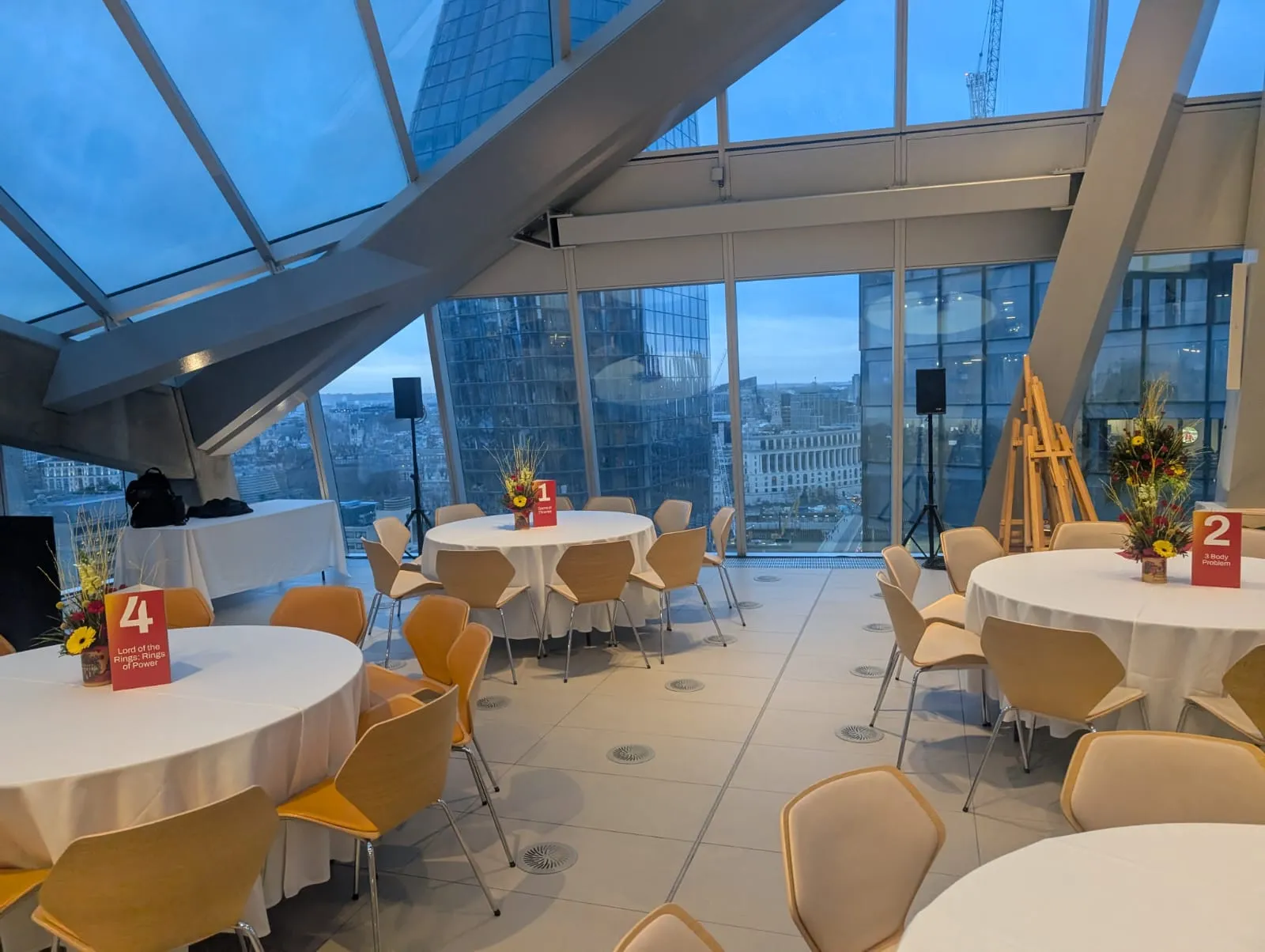We bet you are not unfamiliar with the significance of live event production in every industry. Whether you want to host a conference, concert, or award ceremony, you desire perfection in everything. However, it is necessary to ensure the best event production to make it happen. In case you are vague about what is live event production, simply put, the planning and implementation of an event is live event production.
From selecting the venue to catering to audiovisuals to setting the stage – everything is covered under the umbrella of event production. Needless to say, it helps you achieve your objective of creating an exceptional experience for attendees, making your event a huge success.
Moving forward, the event production industry has been growing by leaps and bounds. According to Statista, the global market size of the event industry was valued at 890 billion USD in 2022 and is estimated to reach 2 trillion USD by 2028.
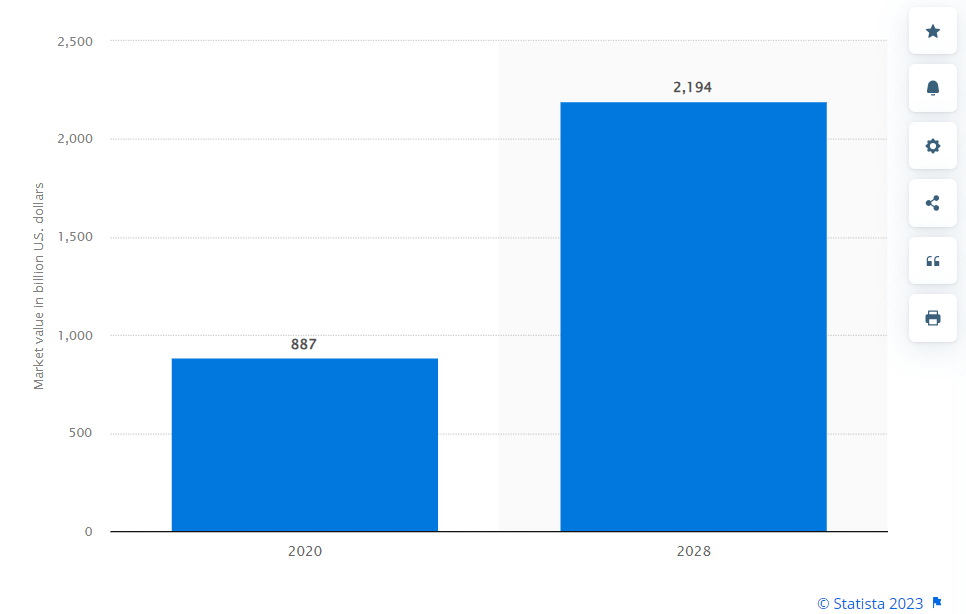
The rise in the event production industry depicts the significance it holds in setting the bar higher in hosting an event. In this article, we will embark on a journey to understand what is live event production, its key components, and much more. So, buckle up! We are onto a bumpy ride!
What is Live Event Production Exactly?
The creation and execution of a live event is known as live event production. In essence, it is the real-time production and implementation of different events. It basically involves various technicalities and activities to engage the audience and provide them with a seamless experience.
Various events, whether in-person or online, require event production to enhance the quality and engagement, including;
- Conferences
- Seminars
- Fundraisers
- Product launches
- Award ceremonies
- Fashion shows
And, more! Needless to say, live event production has an incredible impact on your event since it helps you enhance brand awareness, generate leads, and maximise revenue. To ensure the best possible experience, live event production companies provide content creation, technical assistance, and event management.
The Key Components of Live Event Production
In producing a successful event, there are various factors to be considered, including:
Venue
Selecting the venue depends on your event’s purpose. Consider your event’s tone and ensure it aligns with the vibe of your venue.
Technical Bits
Having all the essential technical equipment required for your event is necessary. It involves supplying and setting up AV equipment, including sound systems, lighting, LEDs, etc.
Content Management
Engaging your audience properly can be easier with the right content management. From staging to content creation, everything should be captivating, conveying your exact message to the audience.
Logistics
Making your event successful depends on pre-planning and coordination among the team. To ensure smooth running, consider scheduling, catering, transportation, technical support, and emergency backup.
The Key Event Roles – Who’s on Your Team?
Producing an event requires agile and correct implementation of a plan. However, producing the best event demands the selection of the right team. So, the following are the key roles required to produce and deliver immersive event experiences:
Right Size and Shape of Team
The size and shape of the team depend on the size of the audience and the type of event. For example, if you are hosting an event for a large audience, the team size will be bigger to ensure the smooth running of the event. In addition, the type of event will be considered to determine which skill set is required to produce and deliver an event.
Event Producer
The event producer’s task is to create an actual event, i.e., scheduling, planning, and initiating the implementation of the event. Simply put, the event producer deals with the physical aspects of the event to ensure it runs smoothly.
The following are the responsibilities of an event producer:
- Planning and creating the budget for the event
- Negotiating the contract with the host
- Researching and selecting the venue
- Setting up the venue according to the event type
- Overseeing the implementation on the site
- Identifying the equipment requirements as per the event type
- Managing the logistics with vendors and the internal team
- Inspection of the site to ensure a successful event production
Project Manager
The event manager makes sure to bring your plan into reality in the best possible way. In addition, an event manager uses a holistic approach to plan and execute the event.
The following are the responsibilities of a project manager:
- Conceptualising the idea of the event
- Finding the vendors to supply stuff for the event
- Crafting a timeline to delegate tasks to the team members
- Managing operations within the budget
- Understanding the client’s vision regarding the event and ensuring it is fulfilled
- Managing the social aspects of the event
- Inspecting the strong integrations of equipment with the stage
Technical Producer
The event technical producer is a highly skilled engineer with a profound grasp of the technological equipment. In addition, they are responsible for the smooth running of the technology platform.
The following are the responsibilities of a technical producer in the event:
- Managing the technology platforms
- Integrating the technological equipment with the platform
- Crafting and monitoring the broadcast system
- Testing for UI and UX to fix glitches
- Testing all the AV equipment before the event
- Overseeing the session recordings and video editing for live event
- Testing the internet bandwidth required for live streaming
Technical Support
Even if you test the equipment before the night of the event, you still require technical support. In case of any sudden glitches or failures, you must have a backup to right the wrong.
The following are the areas where you might need technical support during the event:
- Platform – choose a platform with tech support, and if they do not have one, hire technical support before the event.
- Live Monitoring – using tech support, monitor live streaming and chatting to ensure if any problem pops up, they can handle it.
- Troubleshooting – create a functional support plan that can be implemented immediately in case of any misfortune.
- Audience Engagement – by spot-checking, ensure that the audience can easily watch and hear the content.
Event Emcee
Hosting an event comes under the responsibilities of an emcee. An emcee possesses the power to make or break your event. The responsibility of an emcee is to keep the audience engaged and attentive. For that reason, an emcee decides the tone of the event since they are known to be the guide for the journey.
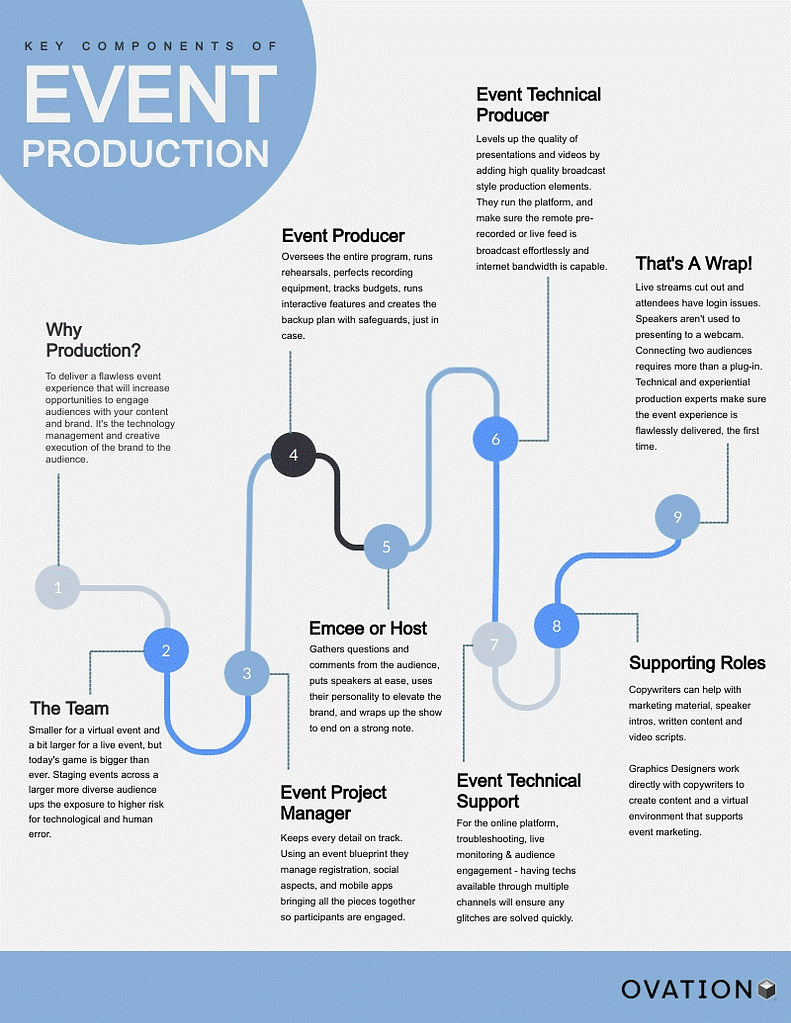
What Tools and Technology Required in Live Event Production?
AV equipment and event production technology are the epitome of a successful event. These tools and technology are leveraged in crafting plans, management, and implementation of various live events.
So, the following are the tools and technology required in live event production:
Audio Equipment
Audio equipment plays a pivotal role in making an event successful. The best audio equipment ensures that the sound reaches every attendee crystal-clearly. Good audio equipment captures the sound to amplify and reproduce it.
The following types of equipment come under the audio tools:
- Microphones
- Amplifiers
- Mixers
- Speakers
- Audio processors
Visual Equipment
Visual equipment helps in interacting with the attendees in an effective way. They help enhance audience participation and involvement. In addition, the host can convey their message impactfully using visuals.
The following pieces of equipment are visual ones:
- Screens
- LED video walls
- LED displays
- Projectors
- Monitors
Live Streaming Equipment
Live streaming or video equipment helps increase the audience’s attention. Since these pieces of equipment make the content more comprehensive, they help enhance audience engagement and create a dynamic event atmosphere. In addition, you can offer live video stream and playback using these tools.
The following pieces of equipment come under the umbrella of video tools:
- Video recorders
- Video processors
- Cameras
- Video switchers
Staging & Rigging Tools
Staging and rigging tools are used to create a safe space to conduct performances or host events. Regarding the staging tools, the following are used in live event production:
- Risers
- Platforms
- Modular stage systems
In addition, rigging tools are used to suspend AV equipment and lighting above the event area. The following are the rigging tools used in live event production:
- Trusses
- Structures
- Rigging systems
Lighting Equipment
Lighting tools help create the whole vibe of an event. Using these tools, you can craft a dynamic atmosphere to uplift the mood and improve overall performance.
The following lighting tools help in creating a successful live event:
- Controllers
- Dimmers
- Fixtures
- Ambient lights
- LEDs
Glance at the Future of Live Event Production
With the ever-evolving technology, the future of the live event production industry is immensely bright. The stats show that the event production industry is expected to grow by 2 trillion in the next few years. The future depends upon increased audience engagement, customer experience, and better personalisation. So, understand the interests of your audience and tailor your event accordingly.
Choosing the Best Live Event Production Company
Since you are well aware of the live event production now, it is time to choose the best company for your next event. Choosing the right event production company can be overwhelming at times. However, if you consider the following factors, you can make the right decision:
- Experience and reputation
- Have a strong online presence
- Attention to detail
- Type of equipment they possess
- Value your interests and requirements
- Certifications, credentials, and affiliations
Considering the above factors, you can make a smart choice. However, if you still find it hard, consider AV Productions since they listen to your concerns carefully and produce the event accordingly. So, let’s make your next event a huge success.
Final Note
The significance of live event production can not be overstated. However, producing an event is a multi-faceted and challenging process. There are many factors to pay heed to produce a successful event. From picking the venue to selecting the right equipment to implementing the exact plan, everything falls under the purview of event production. So, make your next event outshine from door to floor with the best event production.
